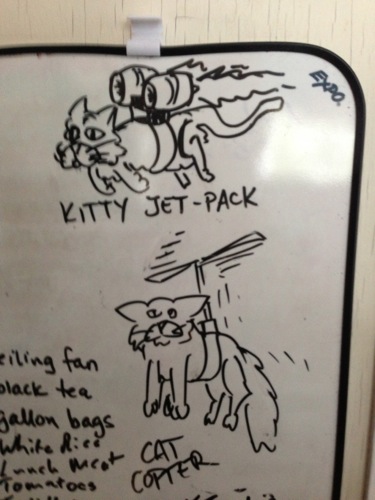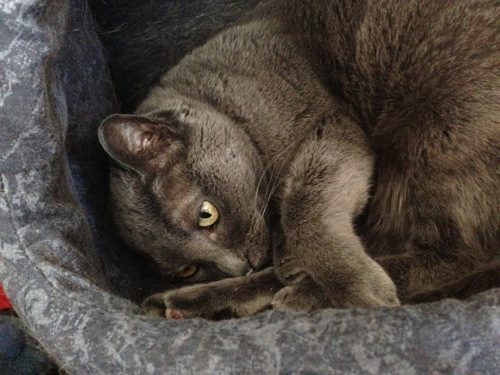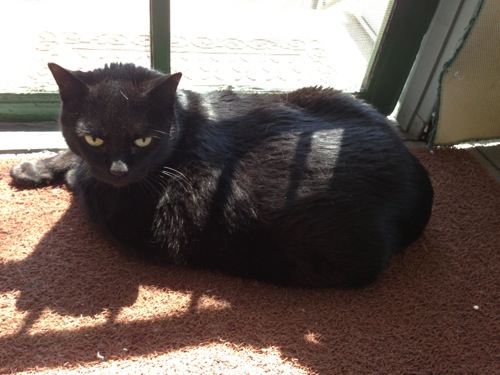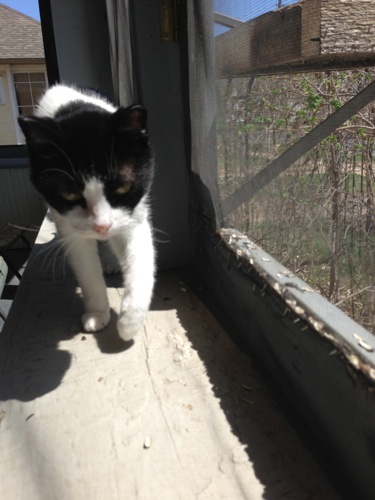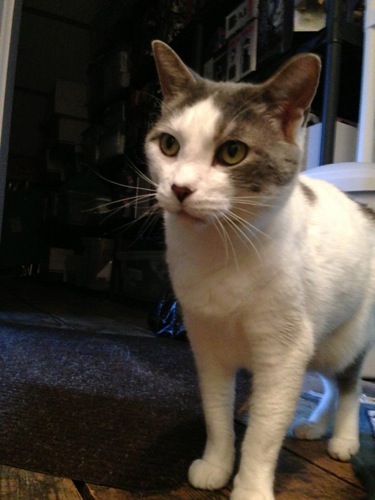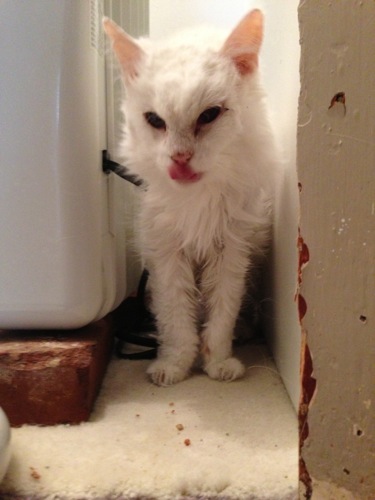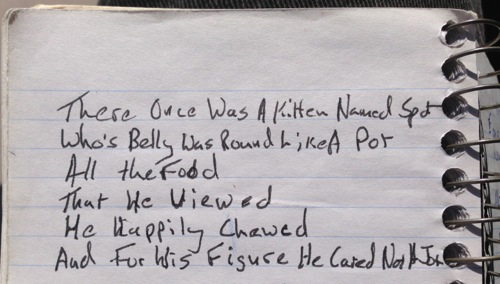I’ve spent a good bit of time over the years thinking about plot and I thought some of those ideas might be of interest to y’all. I’ll start with a definition of terms today and then discuss four models of plot construction in the next part.
The basic equation of plot as I see it goes a bit like this:
Plot = How Conflict interacts with Cost to achieve resolution
Conflict = The difference between the way things are and the way they ought to be
Cost = Price of resolving conflict
That said, there two basic types of plots. Internally driven and externally driven.
Much of classic fantasy and most of classic science fiction revolves around externally driven plot. Sauron seeks the one ring. Either Frodo and co destroy it or are destroyed. No internal transformation has to take place in any of the characters. They have a goal. The trilogy is built around achieving that goal. In fantasy the external plot is usually driven by a BBE, or big bad evil. Sauron. The White Witch. Etc.
Most lit fic and an ever growing portion of F&SF is internally driven. Internally driven stories usually revolve around the problems of the character though many have explicit external villains as well. The protagonist is broken in some fundamental way, either some time before the action of the book begins, or very soon thereafter. They then go on a journey which either fixes them, or transforms them into someone who no longer needs to be fixed.
I personally try to write a story with both external and internal plot drivers, as I feel that a fusion of the two makes for a stronger story.
(Originally published on the Wyrdsmiths blog May 30 2007, and original comments may be found there. Reposted and reedited as part of the reblogging project)


